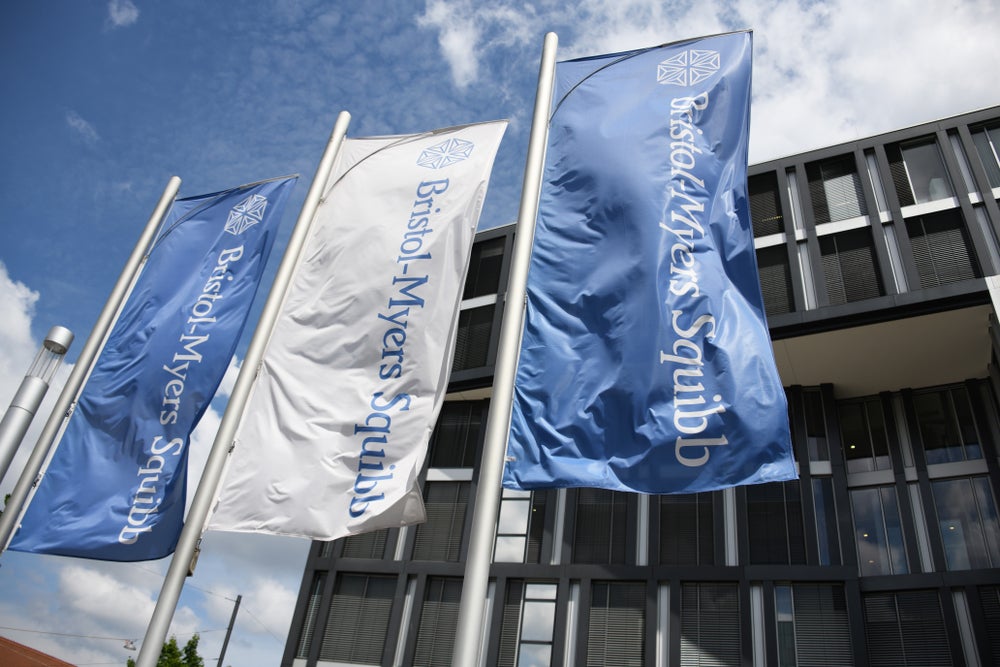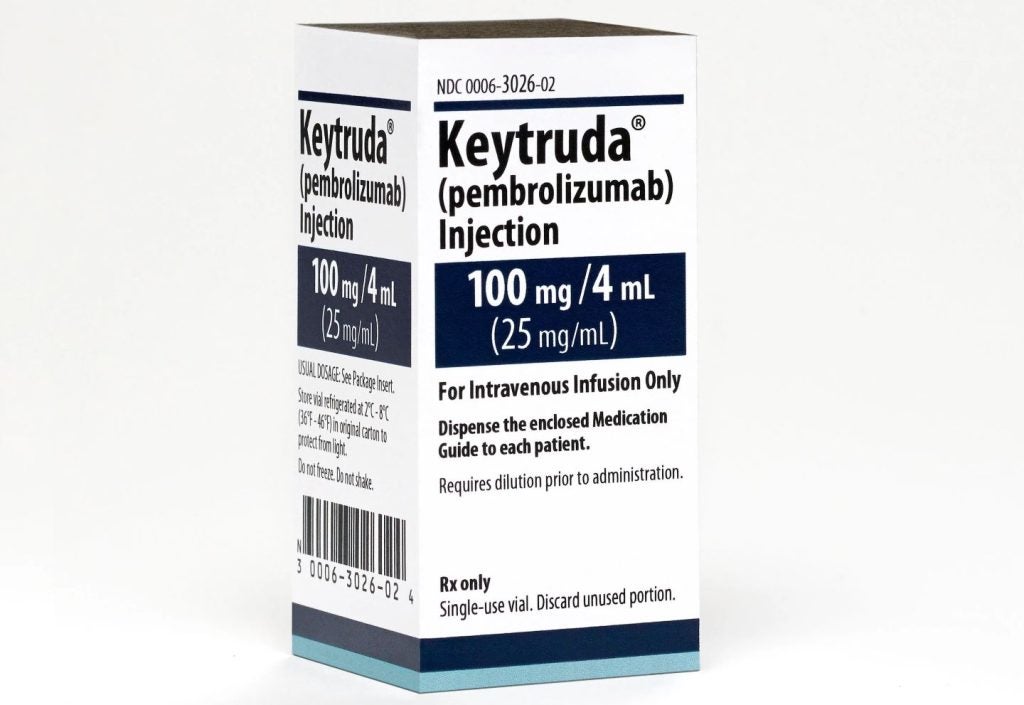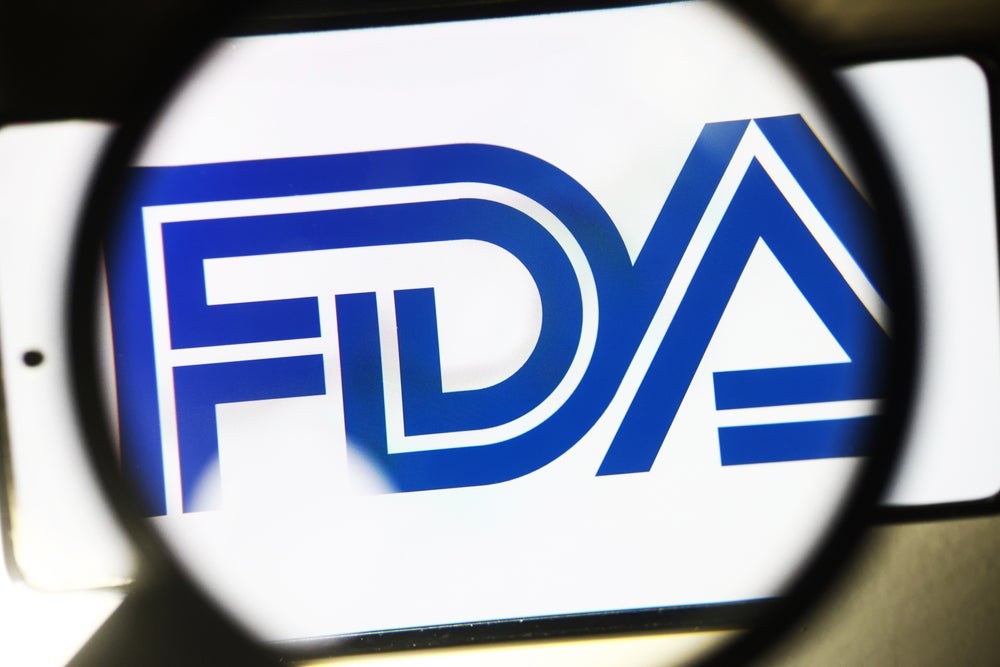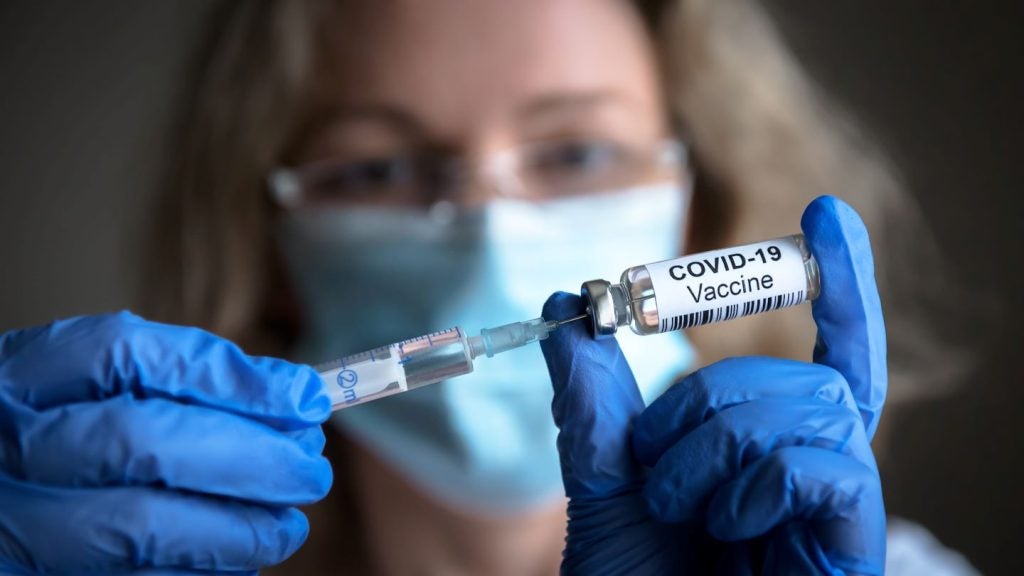The US Food and Drug Administration (FDA) has approved Bristol Myer Squibs’ (BMS) Augtyro (repotrectinib) for adults with non-small cell lung cancer (NSCLC).
Augtyro is an orally administered tyrosine kinase inhibitor (TKI) designed to selectively bind to active kinase formations in ROS1-positive NSCLC and suppress uncontrolled cell proliferation and tumor growth caused by ROS1 oncogenic fusions. It is the only FDA-approved TKI for ROS1-positive NSCLC.
The FDA approval was based on data from the ongoing Phase I/II TRIDENT-1 (NCT03093116) trial, which is evaluating repotrectinib in 500 patients with advanced solid tumours characterized by ALK, ROS1, or NTRK1-3 fusions. The Phase I portion assessed the safety, tolerability, and pharmacokinetics of repotrectinib.
Patients previously treated with a TKI and no chemotherapy demonstrated an overall response rate (ORR) of 38% and a median DOR of 14.8 months. Patients with no prior treatment with a TKI had an ORR of 79% and a median DOR of 34.1 months. Repotrectinib’s safety profile is consistent with previous reports. The primary endpoint of this study was ORR.
Scheduled for a US market debut in mid-December, Augtyro will enter an already crowded NSCLC drug league dominated by a number of seasoned competitors. TKIs like Pfizer’s Lorbrena (lorlatinib) and Xalkori (crizotinib), and Roche’s Roxlytrek (entrectinib) are currently used to treat ROS1+ NSCLC.
Hot on the heels of these heavy hitters is ArriVent Biopharma, a clinical stage biopharmaceutical company, looking to introduce its own targeted treatment —for exon 20 insertion mutations—that received FDA breakthrough therapy designation in October.
Data from TRIDENT-1 informed the FDA’s decision to give priority review to BMS’s new drug application (NDA) for repotrectinib back in May. In addition, China’s National Medical Products Administration Centre for Drug Evaluation awarded a breakthrough therapy designation to BMS for repotrectinib’s treatment of NTRK-positive advanced solid tumours in August.















